Amidst the ongoing conflict in Gaza, Israel has expressed its determination to seize control of the city of Rafah, a move that has raised concerns and sparked a dispute with the United States. A senior Israeli official announced this intention on Thursday, citing Rafah as the last stronghold of Hamas in the Gaza Strip.
The decision comes despite apprehension from Washington over the potential humanitarian consequences of an Israeli operation involving tanks and ground troops in the densely populated city. Concerns have been raised, particularly regarding the evacuation of millions of Palestinians who have sought refuge in Rafah amid the violence.
Israeli Prime Minister Benjamin Netanyahu has pledged to prioritize the evacuation of civilians and ensure cooperation with humanitarian organizations. However, White House officials, representing US President Joe Biden, are set to engage in discussions with Israeli counterparts in the coming days to address these concerns.
Israeli strategist Ron Dermer expressed confidence in Israel's ability to execute ground operations in Rafah effectively, emphasizing that the operation would encompass both military and humanitarian aspects. He underscored Israel's determination to proceed with the operation, even if met with opposition from allies, including the United States.
Dermer, a former Israeli ambassador to the United States, reiterated Israel's resolve to take control of Rafah, emphasizing that the October 7 attack was perceived as a direct threat to Israel's existence. He emphasized that Israel would not give Hamas another opportunity to threaten its security.
Meanwhile, US Secretary of State Anthony Blinken is currently on his sixth visit to the Middle East in efforts to negotiate a ceasefire in Gaza. While Israel has expressed openness to a settlement, it remains steadfast in its stance against allowing Hamas to remain in power.
The developments underscore the complex dynamics at play in the region, as Israel's determination to assert control over Rafah raises concerns both domestically and internationally, particularly regarding the humanitarian implications of such a move amidst the ongoing conflict.



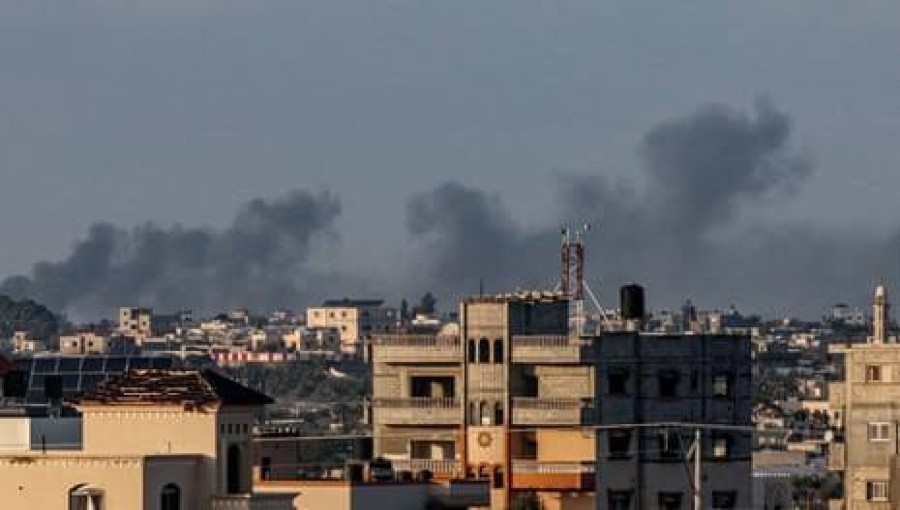





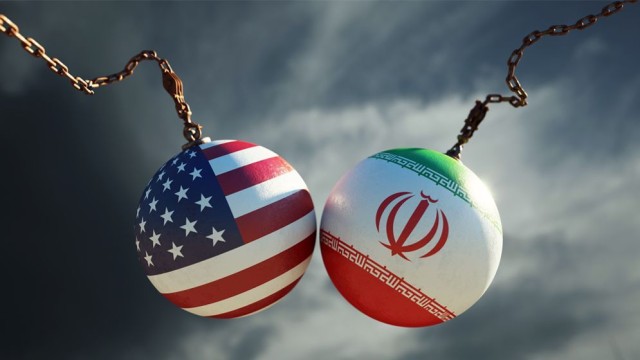





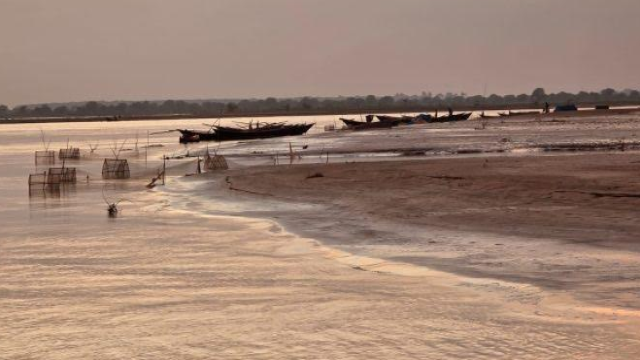
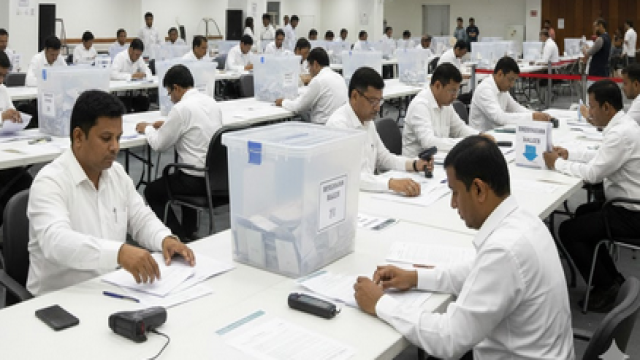
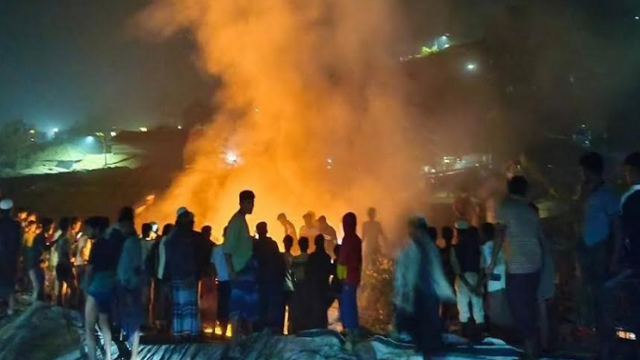

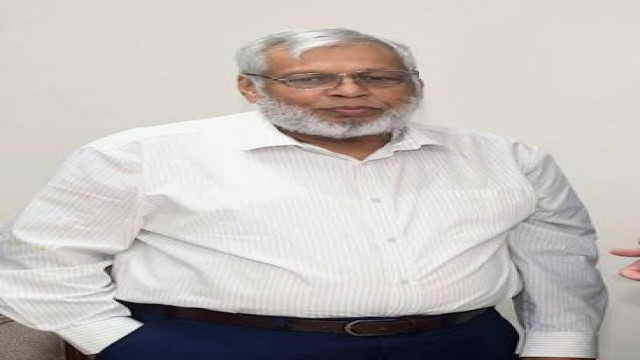











Comment: